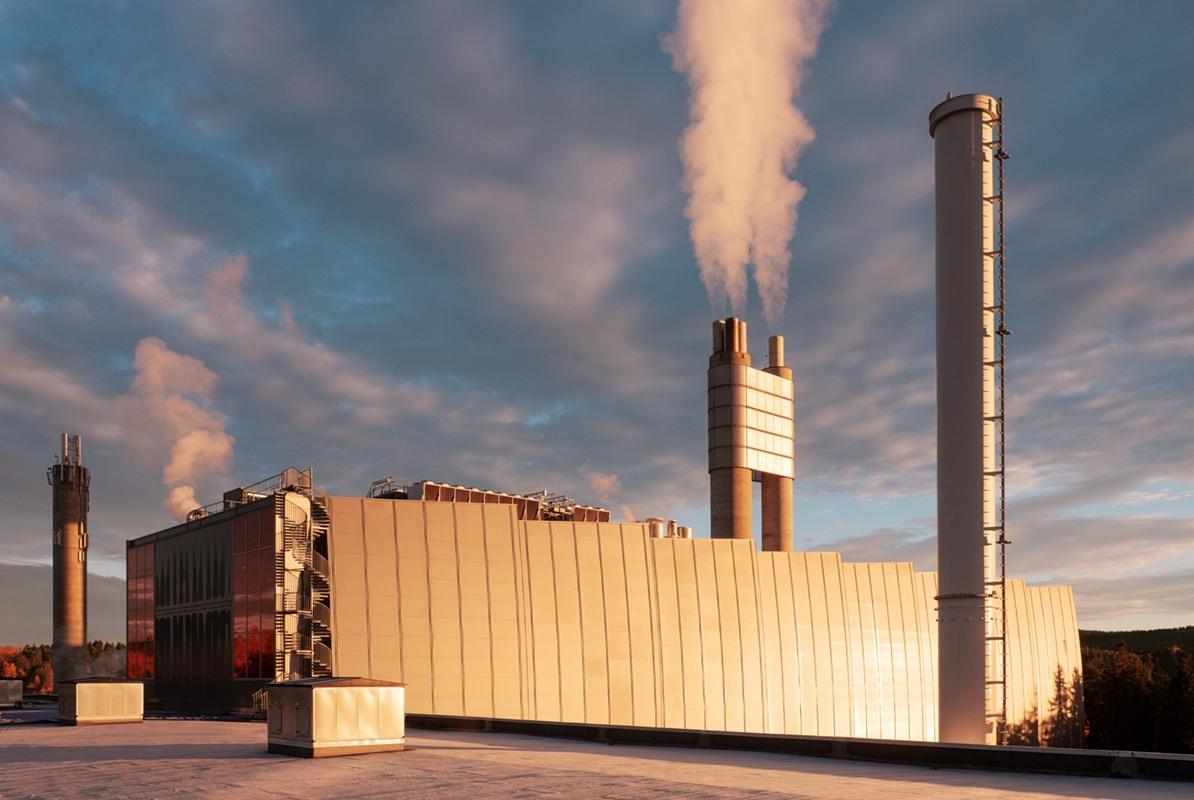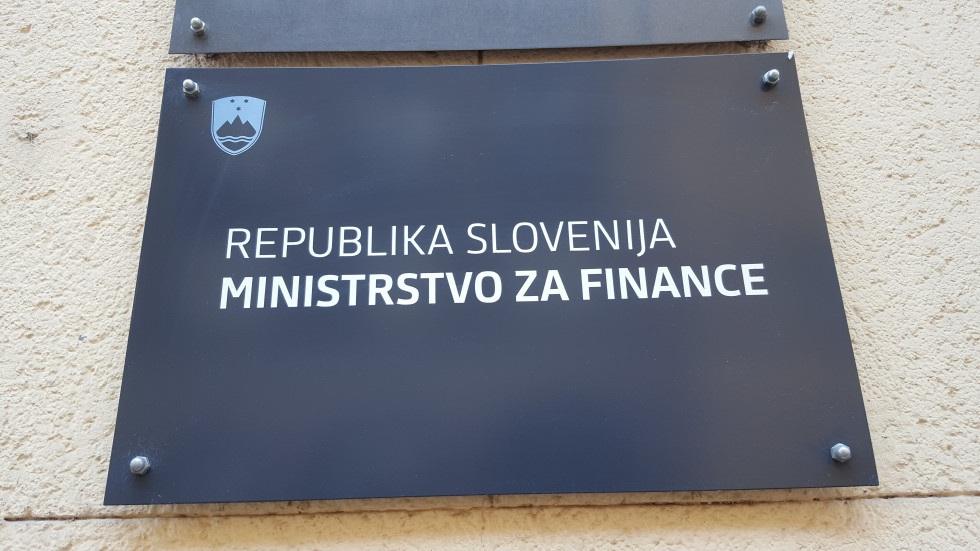Standard Chartered Commits to Reduce Financed Methane Emissions from Oil and Gas Sector
International banking group Standard Chartered announced today a new commitment to set a science-based target by 2025 to reduce financed methane emissions from the oil and gas sector.
Rapid reduction in methane emissions is seen as one of the most effective near-term actions that can be taken to help achieve the global climate goal to limit warming to 1.5°C. Methane is an extremely potent greenhouse gas (GHG), with as much as 80x the warming power of CO2, and oil and gas facilities are the among the largest industrial sources of methane emissions.
Standard Chartered has set a goal to reduce emissions associated with its finance activities to net zero by 2050, and in 2021 the bank announced interim goals for several of the most carbon intensive sectors that it finances, including an absolute reduction target for thermal coal mining, and intensity-based targets for the oil and gas, and power sectors.
The oil and gas sector is Standard Chartered’s largest single emissions source, representing more than 30% of its 2020 baseline financed emissions. The new commitment follows an announcement last year by the bank of a strengthened emissions reduction goal for the sector, replacing its prior intensity-based financed emissions reduction target with a new commitment to reduce absolute emissions by 29% by 2030, or by 3.8 metric tons of CO2e.
Marisa Drew, Chief Sustainability Officer, said:
“Addressing methane emissions is critical if we are to reduce the collective impact of greenhouse gases on our environment. As technology for monitoring and identification improves, and with demonstrable commitment from clients, we believe it is important to support and encourage the movement to new industry best practice with further accountability and transparency by setting targets that build on our existing decarbonisation efforts.”





